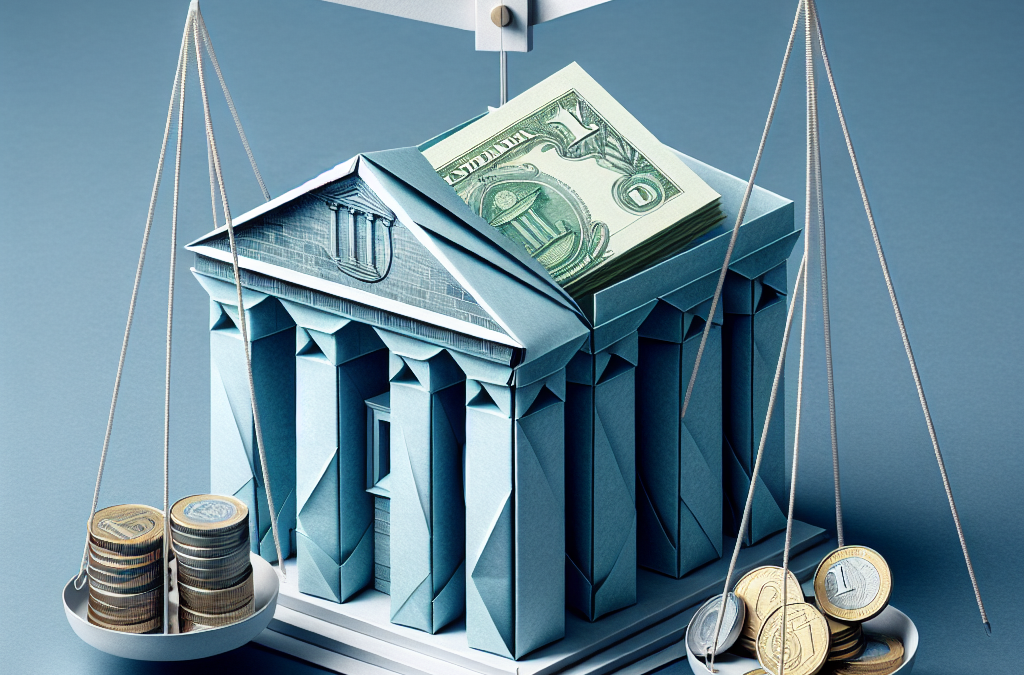Do Central Banks Really Matter? An Examination of Monetary Policies
Welcome to the Real Estate Espresso podcast, your morning shot at what’s new in the world of real estate investing. Today, we will be asking: Do central banks really matter?
The Role of Central Banks
Central banks supposedly influence the economy, inflation, and unemployment rates. If this is true, why are central banks acting simultaneously around the globe? China, Europe, the US, Canada – all have been lowering their interest rates. Despite political differences and varying economic policies, it seems each economy needs the same medicine. This leads to pondering, do these central banks indeed matter? Are their policies genuinely impactful?
The Political Factor
Considering that the economies of each of these countries are drastically different, is there a political motive behind these unified actions? Take, for example, Canada, where speculation suggests Prime Minister Justin Trudeau could be using the interest rate cut to boost his popularity. Do government politics and survival tactics play a role in central banking policies?
The Question of Inflation
Consumer prices are falling globally. In France, inflation dropped from 2.2% to 1.5% in just a month – a significant drop. In Spain, it is down to 1.7%, and in the UK, it fell to 2.6%. All these statistics lead to the question: Does the central bank matter? Do their rates make a significant impact when it comes to combating inflation?
The Impact of Central Banks on Businesses
For capital-intensive businesses, the cost of capital significantly affects profitability. However, with short-term interest rates above inflation, there’s room for central banks to lower them. This action benefits the government, the greatest debtor of all. Lower interest rates mean the government can spend more on programs rather than paying interest to bondholders, thereby risking a potential debt trap.
Central Bank Policies: A Silent Tax?
In a situation where government debts have grown substantially, it seems that central banks’ actions are serving as a slow, silent tax on consumers and savers. By keeping the inflation target at 2%, currency is being devalued, reducing government debt. All these economies with vastly different governments experiencing falling consumer prices simultaneously can’t be a coincidence. This situation leads to the question: Should governments take credit for these policies, or should they take the blame for handling currency like drunken sailors?
Do Central Banks Really Matter?
So, do central banks matter? Does the action of devaluing currency to decrease government debt make sense, or does it lead to further economic turmoil? This question remains to be answered definitively, but the recent global actions of central banks undoubtedly raise some significant doubts about their role and impact on the economy.
Stay connected and discover more about my work in real estate and by visiting and following me on various platforms:
Real Estate Espresso Podcast:
- 🎧 Spotify: The Real Estate Espresso Podcast
- 🌐 Website: www.victorjm.com
- 💼 LinkedIn: Victor Menasce
- 📺 YouTube: The Real Estate Espresso Podcast
- 📘 Facebook: www.facebook.com/realestateespresso
- 📧 Email: podcast@victorjm.com
Y Street Capital:
- 🌐 Website: www.ystreetcapital.com
- 📘 Facebook: www.facebook.com/YStreetCapital
- 📸 Instagram: @ystreetcapital



